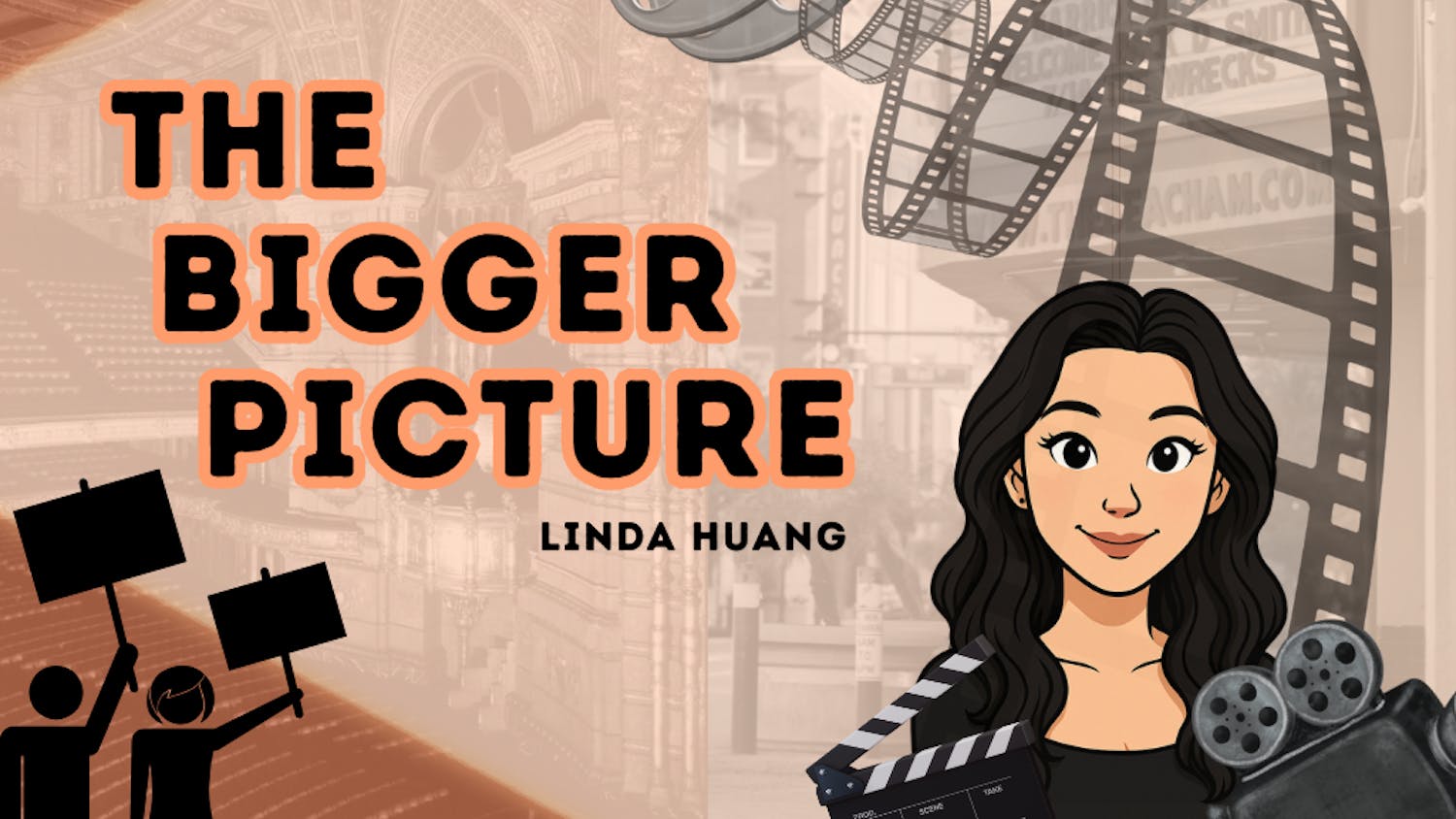An interesting moment happened in class last week. It was one that made me think about where I fall in both the social hierarchy of Tufts and in life. I am the only R.E.A.L. student in all of my classes. That is not the case for all R.E.A.L. students, but for most it is. A student made a joke in one of my classes that the professor did not understand. This became a teaching moment for the professor, who is now aware of trends regarding the use of social media. The specifics are not important but the process is. This is not the first or the last time that a professor will not understand a cultural reference made by a student.
In reverse, professors have been known to make cultural references that fall on deaf ears. Anachronistic comments usually take an entire classroom by surprise and leave a room full of blank stares. Usually this leaves the professor in the awkward place of whether it is worth it to explain the reference or move on with the class. In most cases, it is easier to move on.
This is relevant to me as a R.E.A.L. student and many others, because this is one of the few times where we become a bridge for cultural differences. The modern day references ring true to me and make sense in context. I may never find myself DM-ing someone on Instagram about a starter pack meme that I just saw on someone’s Snapchat, but that doesn’t mean I have no idea what is going on in the conversation I just accidentally overheard.
I may remember busy signals when trying to call a friend from my landline and having to hunt down a coveted book using the Dewey Decimal System. T9 was everyone’s best friend when texting for the first time on a flip phone. I know why we say "hang up the phone" when all you do is push a button.
In one of my fiction writing classes, we discussed the best way to reference a character’s age without saying a number. Technology changes overnight, and the older you get, the more you have to remember, and the more you tend to forget. My parents can still remember what it was like when credit cards were first introduced to the American public. I remember the first time I connected to AOL by dial-up and losing the connection because someone picked up the phone. Now, I hear about who is following who, and remember that ten years ago that would have been a conversation about a stalker.
Times change and people will change with it. R.E.A.L. students are a bridge between the current and the past. Sometimes, things slip that remind everyone exactly how old we are, but we are with traditional-age students all day long. Some R.E.A.L. students have children. We know what’s going on. Okay, maybe not all the time, but an old Myspace page may tell you more than you ever wanted to know about someone at Tufts.
More from The Tufts Daily
A behind-the-scenes look into Tufts’ annual Winter Formal
By
Pranya Taurani
| February 13
Worth Going Broke?: Heaven in a sandwich
By
Eloise Bernstein
| February 13
The Bigger Picture: ‘When Harry Met Sally…’
By
Linda Huang
| February 13





